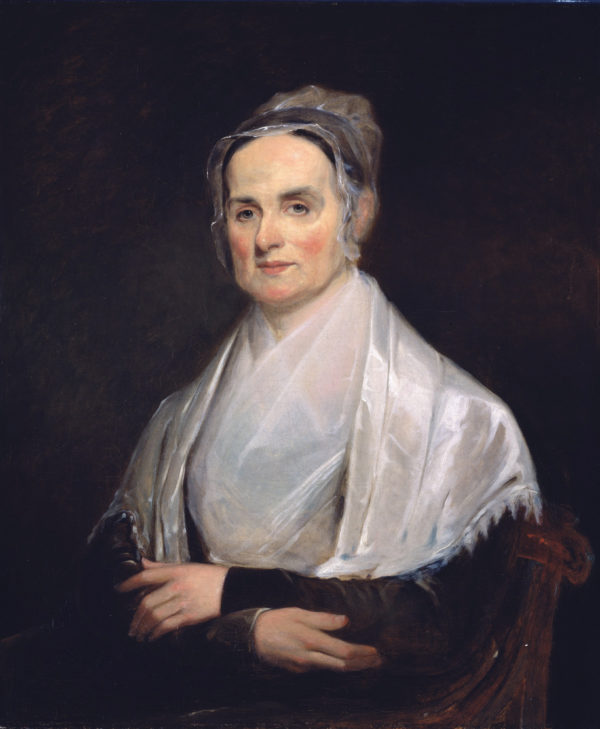
Lush – cosmetic or real

By Rahila Gupta. The EU is on the point of turning its back on the Schengen agreement. Welcome to the World Passport: ‘this document confirms that its bearer is a human being, and not an alien’. Rahila Gupta reports on the campaign for open borders
From 23 May, Lush, the ethical cosmetics business will run a week-long campaign for open borders, distribute a broadsheet on immigration produced by the group No One is Illegal (NOII) and stock the inspiring book Open Borders by Teresa Hayter throughout their network of 90 stores in the UK. The campaign itself will kick off with Aaron Barschak and members of NOII attempting to board the Eurostar to Paris armed with nothing more than a must-have ‘World passport’ with the legend, ‘This document confirms that its bearer is a human being, and not an alien’.
That a business is supporting a political campaign is not, in itself, remarkable, but the demand for open borders is considered to be so unpopular and inflammatory that even organisations that work with refugees and migrants and see the ravages of the immigration legislation, at close quarters, are too nervous to demand more than a ‘fair’ policy. If immigration features at all, it is in some tangential and uncontroversial way like the current Body Shop support for ECPAT (End of Child Prostitution, Child Pornography and the Trafficking of Children for Sexual Purposes ) which demands safe accommodation and guardians for the protection of trafficked children. Who could possibly disagree with the aims of such a campaign? Nothing messy there to taint the Body Shop image, unless the very tweeness of Soft Hands Kind Heart hand cream (60% of the proceeds go to ECPAT) makes your toes curl.
This is not to decry the campaigning work of Body Shop. The ethical business model pioneered by Anita Roddick was far ahead of the field when she started in 1976. It is simply to point out that where the issue and the message are non-controversial, the campaign is also good for business. Public concern for the environment has given rise to a number of businesses stressing their green credentials, and spawned another classic Body Shop slogan Green is not a colour, it’s a state of mind. However, businesses have a way of hollowing out the core of a political campaign while retaining the shell. It is particularly the case with green issues: the central challenge of green politics undermines the very logic of capitalism – that lower per head consumption is crucial to the reduction in greenhouse gases and conservation of the earth’s fragile and finite resources. But reduced consumption is anathema to business because profit is predicated on growth in demand and sales. When Roddick sold the business to L’Oreal, which is part-owned by the notorious and heavily boycotted company Nestle, and uses animal testing for its products, because we’re worth it, a founding principle of BodyShop was overturned. Moreover, L’Oreal boasts of its commitment to skin and hair diversity, whilst selling whitening creams in India claiming that these creams will lead to a ‘16% increase in brightness in one week’. Writing up impeccable Corporate Social Responsibility (CSR) policies, then sidestepping, glossing over and, in some cases, reversing the stated aims, are part of the armoury of tricks used by business.
Given the cynical way in which business has approached CSR, it was not unreasonable to expect a hidden agenda behind Lush’s support for open borders. Although the Lush website has its quota of easy-to-mock slogans like, ‘It’s a Lush life, we believe’, a couple of unexpected commitments stand out. In amongst the usual suspects like saving orang-utans and reducing packaging, is a campaign against Guantanamo, torture and detention without trial, an unpopular campaign with the public. Calais Migrant Solidarity, a group which monitors, publicises and attempts to prevent police brutality and harassment of migrants is funded by Lush. And the old capitalist adage, ‘the customer is always right’ has been taken out of its commercial context and place in a political one: Lush want to use their campaigns to challenge customers’ views about their place in the world.
My interview with Andrew Butler, their campaigns manager, for whom this ‘campaign was dear to my heart’ did not reveal any cynicism. He believes passionately that border controls are inherently racist, that there is a gap in the public debate with all political parties taking a tough line on immigration, and even groups on the left arguing for some kind of immigration cap. Butler took his case to a group of 30 to 40 staff members representing all sections of the business from design, manufacturing, sales and shops. Although there were the usual concerns about sponging off the welfare state and immigrants taking away jobs of the local people, Andrew Butler made the moral case for it – that we should respect the human rights of migrants whose powerlessness has made them easy scapegoats for politicians. When I outlined the benefits of migration to the economy which I have written about elsewhere, Butler said simply that even if Britain were to incur a cost, it is a rich country and can afford it. The fact that Lush is privately owned and does not have to appease shareholders greatly enhances his room for manoeuvre. He is also strongly supported by the owners of Lush, Mark and Mo Constantine, who sent the border police packing when they descended on their factory to make immigration checks.
Ah hah! So that was their Achilles’ heel! They were employing migrants in their Poole factory and their ‘illegal’ status allowed them to keep their wages low. Hence their support for open borders, a common neo-liberal route to an ever expanding pool of cheap labour. Wrong again! Retail staff in London are paid the London Living Wage. Having lauded the importance of transparency, Butler was disarmingly honest about Lush’s shortcomings. While employees rated Lush highly as a good place to work, (in the top 100 companies in the Sunday Times list, 2011, there was dissatisfaction about the level of salaries right across the board which they are in the process of addressing. The workforce is not unionised which, according to Butler, is simply down to a lack of structure and formality – incredibly, they have no HR department despite employing 5000 workers across the globe, of which 1,500 work in the UK. Information on pay differentials in the workforce and level of wages paid to factory workers was not available. Butler hopes that the open borders campaign will encourage Lush to look at its employment practices and improve employee pay which is currently structured around targets and bonuses with a poor basic level of wages. Apparently other campaigns run by Lush have had an impact on company policy. Their joint campaign with Climate Rush against aviation led to a ban on the use of domestic flights by Lush staff.
Were they not afraid about the damage to their corporate image and the consequent effect on sales if the likes of Daily Mail were to get wind of this campaign? Butler was, in fact, going to make sure the Mail heard about it. He said he did not have to concern himself with selling products, that it would be a sad day if the choice of campaigns was dictated by the impact on sales, that it was his job to come up with a creative way of having this debate in the public sphere, shorn of the fear mongering and distortions of facts and figures that characterises the debate on immigration. Interestingly, and somewhat against the grain of the current view that consumers increasingly use their purchasing power to make ethical purchases, Lush felt that at the end of the day their campaigns did not have much of an impact on sales. Customers were driven by the quality of the goods, the absence of preservatives and the use of natural ingredients in the products.
While most business is driven by profit, it is refreshing to see one where Conscience has a seat at the top table. Hopefully, Lush will not be floated on the stock market or sold on like BodyShop. Even the succession plan appears more enlightened with the possibility of Lush being converted to a worker’s co-operative being under discussion. From NOII’s point of view, it is hugely beneficial for their campaign to be given such mainstream exposure. If this campaign achieves one thing – that it makes the demand for open borders seem respectable and not ‘off the wall’ and encourages the fainthearted to embrace it fully then the Daily Mail and its supporters can take a running jump. The timing is apt: the EU is on the point of turning its back on the Schengen agreement which allows passport-free travel throughout mainland Europe ; and, in the US, corporate capital, like the Koch brothers, is financing reactionary movements like the Tea party and the anti-immigration legislation in Arizona. We should be grateful that here, even on a small scale, capital is being used for progressive causes.
This article was originally published on the open democracy website at http://www.opendemocracy.net/5050/rahila-gupta/lush-%E2%80%93-cosmetic-or-real by Rahila Gupta, and openDemocracy.net under a Creative Commons licence. You may republish it with attribution for non-commercial purposes following the CC guidelines. For other queries about reuse, click here.
Image source: Creative commons flickr http://www.flickr.com/photos/elvire-r/2451784799/






